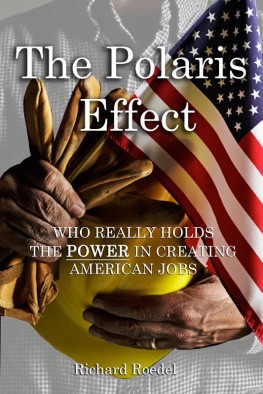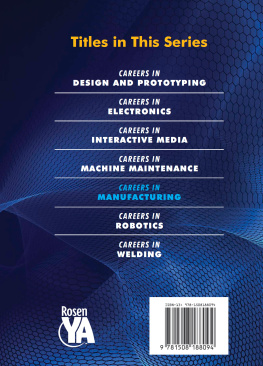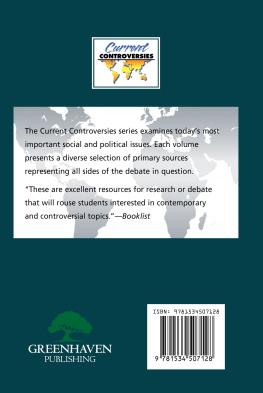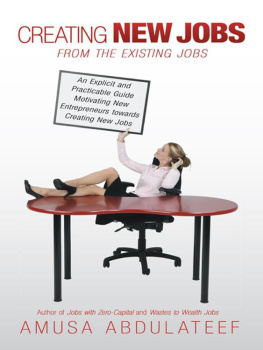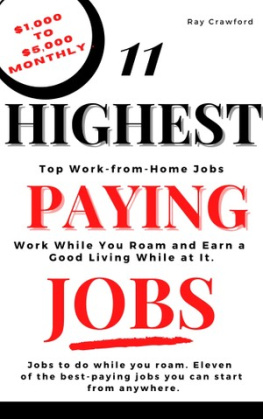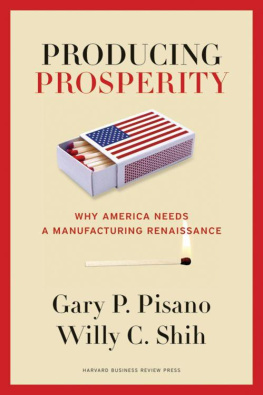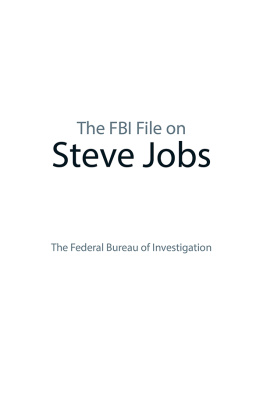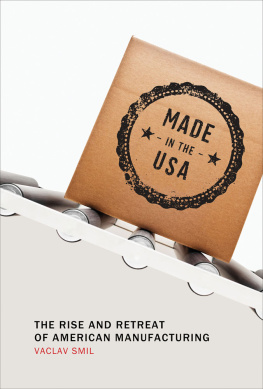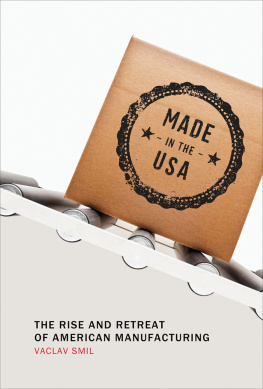The Polaris Effect
Copyright 2012 by Richard Roedel
All rights reserved. No part of this publication may be reproduced, stored in a retrieval system, or transmitted by any means electronic, mechanical, photographic (photocopying), recording, or otherwise without prior permission in writing from the author.
Printed in the United States of America
ISBN: 9781624885525
Learn more information at:
www.ThePolaris Effect.com
We must be ready to dare all for our country. For history does not long entrust the care of freedom to the weak or the timid.
Dwight D. Eisenhower
This book is dedicated to:
Anna, my loving wife, who has been by my side through both the good and the tough times.
Christian and Ben, my insightful and creative sons, who have always been there with positive encouragement and inspiration.
My beautiful daughter Marie, her husband Lawrence, and my three wonderful grandchildren, who have given me continued reassurance and endless love.
And last, but not least, Patty Pace; a wonderfully kind individual, who assisted me in the finishing of this book.
Contents

Research Appendix
Introduction
A t first glance, this book might appear to be another politically charged critique about American politics. Well, one thing is for certain. This is not just commentary; this is a book to help educate Americans on HOW we fix our country. Make no mistake, the United States needs fixing! We want, for us and our families, to enjoy a prosperous future. This future would include low unemployment for American workers, which would enable our cities and towns to productively survive. We, you and I, have the potential to make this happen- not corporate America, not the federal government, and certainly not the politicians we disparagingly rely on and look to.
When the economic downturn occurred, in 2008, and the recession hit (the same recession we have been in for over 4 years), my world, like millions of others, changed. I was not part of a Wall Street institution that is too-big-to-fail and offers incredible salaries, with even higher bonuses, every year. I felt the sting of pain that a job loss induces; just like everyone else who watched their jobs disappear, along with their livelihood. I became the casualty of a career that no longer existed. I had worked my way up the Construction-Industry ladder, but after the recession took hold of our economy, management and most other positions in construction were simply nowhere to be found. In my career, I worked for a small developer and homebuilder in the Midwest. I watched banks calling notes and, subsequently, money for real estate projects vanish overnight. Making a good wage in the homebuilding industry, for quite a few years prior to 2008, left me with a decent amount of debt and a large house, for which the payments would continue, job or no job. My world, as well as my familys, would face a financial struggle that I hadnt experienced since graduating with a business degree, over 25 years earlier. I was dumbfounded. I had always believed that home ownership could survive anything the economy threw at us. I was so wrong.
I had savings, but not enough to sustain a mortgage payment, loans to our kids for college tuition, and the other debt obligations my family had racked up. Like most Americans, I absolutely needed my job to continue my standard of living, or any standard of living for that matter; but it had vanished. I needed a plan and I needed one fast. I watched as my neighbors homes, just across the street from my own, went through foreclosure. My wife and I were fortunate that we were able to make our mortgage payments. However, most banks made quick work of processing foreclosure paperwork- leaving many families in worse situations than ours.
I decided to advance my education by obtaining a Masters Degree in Healthcare Management. I knew that there would always be a need for healthcare services, so now, in my early 50s, I made the decision to join a career where I felt I could make a contribution to society, as well as see the direct impact of my labors. Off I went to enroll in school again, at an age I had never considered would happen, and I applied for my federally backed student loan. Two years later, at the completion of my formal education, I stood with my degree in hand.
For those 2 years, I attended school and worked odd jobs. My wife also worked as much as possible, but good paying jobs were scarce. Most employers had cut their workforce significantly, due to the uncertainty of the countrys financial future. I had always been self-sufficient and had never worried about being left without a job; but there I was, smack in the middle of a new, uncomfortable, life-changing experience.
After my advanced degree was completed, I found, just like before in my mid-twenties, industry experience was demanded. I felt as if I had traveled back in time, as I tried to convince employers that I had management talent, and my prior experience could easily be transferred to a new industry. After all, I had years of upper management familiarity and most of my career involved successful sales and marketing positions, leaving me with marketing management and business development expertise. But I quickly learned that didnt matter much. It seemed, for the most part, who you know was much more valuable and important than what you know, especially at my age when employers are looking for younger talent. Making contacts that could lead to interviews was no easy task. In fact, without 3-5 years of industry experience, no one had any interest in talking with me. As I look back on that time now, I am convinced that society has led us all to believe that people do not easily learn and adapt to new businesses and new industries. This is extremely unfortunate! I firmly believe in a strong and proven principle: GREAT TALENT IS READILY AVAILABLE. It is available throughout the country in good, experienced, talented, hard-working individuals, who can adapt and learn quickly, with the ability to make a positive contribution; most human resource departments are set up to believe the exact opposite. That can be devastating. Companies are really missing out on many phenomenally gifted employees, who have the potential to make a large contribution to their business, even possibly above and beyond those who have years of industry experience.
I was blessed to have a neighbor, with a brother and a sister in the senior care industry in another state. His sister, LeeAnn, was my guardian angel, through her efforts and constant prayers on my behalf. She introduced me to a gentleman in his late 80s and I discovered that he had been instrumental in helping to pioneer the Senior Care Industry back in the late 50s and 60s. He and I discussed my work history and future goals, and he put me in touch with just the right person. This meeting eventually led to a position that helped me, and our family, get back on track financially and provide a new future. It has been a true blessing to be in a position that gives me the opportunity to prove myself, and to make a positive impact for an organization that has an upstanding reputation in the community and the industry.
During the 2 years I was attending school, I experienced what many Americans are still going through. This was a difficult time as I watched our countrys economy falter, more than any other time since the Great Depression. I researched, daily, the current situation of our countrys workforce and how our unemployment numbers had skyrocketed. One most upsetting thing was to see people who have given up; those that had lost all faith and hope that their situation would eventually get better. This can cause men and women to drop out of the race for jobs altogether, and when this occurs, all of us pay the price. We lose a valued individual, one who has contributed to our society in abundant ways. We lose tax revenues, which have been greatly reduced as a result of unemployment, and, ultimately, a continued reduction in overall consumption. Our society, as a country, becomes less and less productive, and slowly, but surely, we all struggle to maintain our standard of living.
Next page
